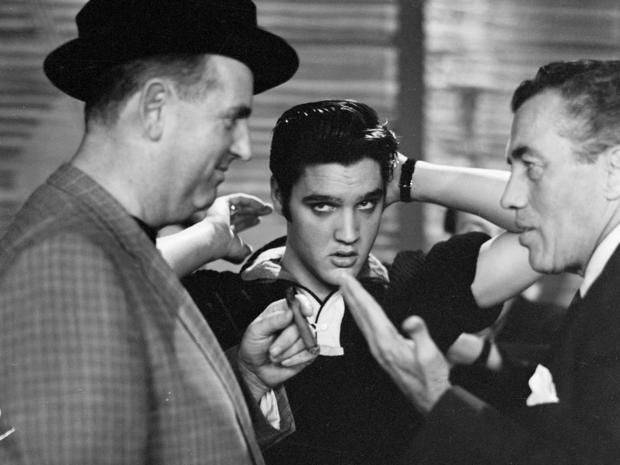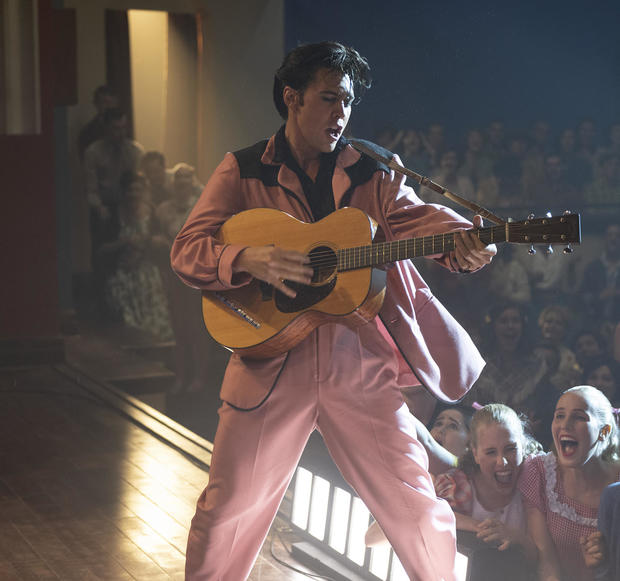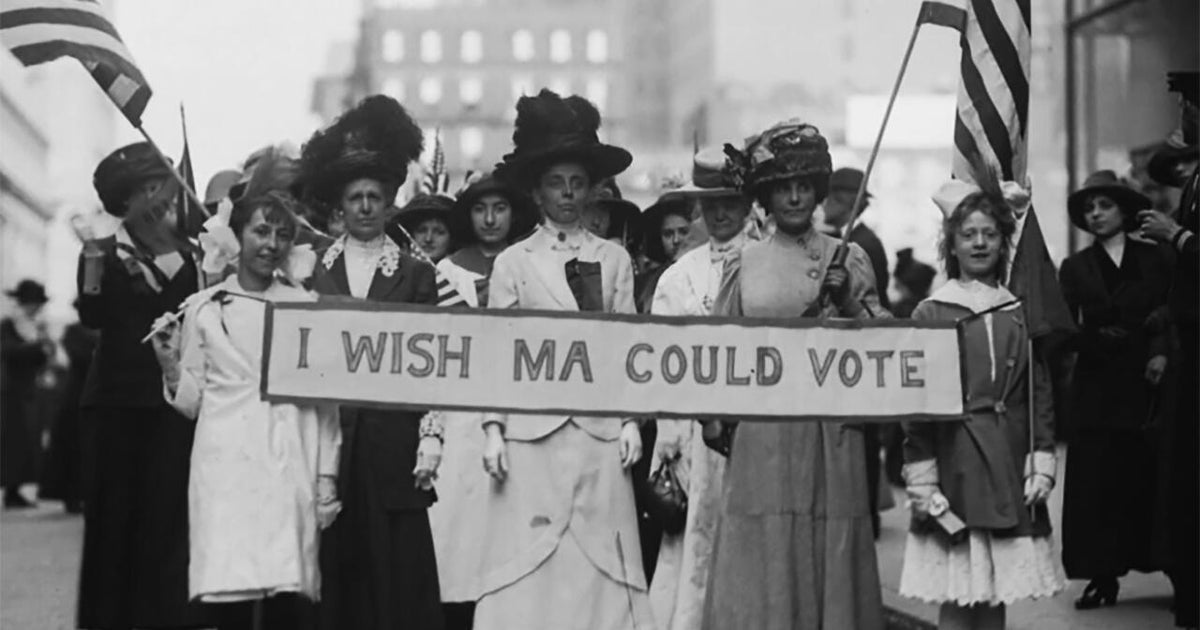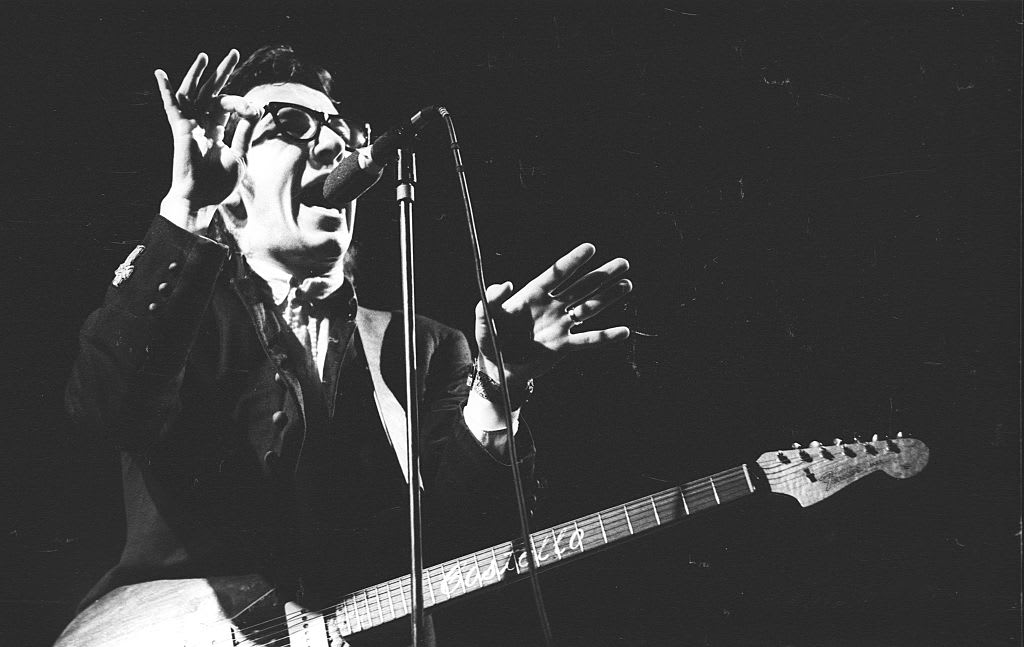Long live the King! "Elvis" lives
When it comes to American pop culture icons, it doesn't get any bigger – even all these years later – than Elvis Presley. So, how exactly do you fit someone that big into 159 minutes of film?
For the makers of the new biopic "Elvis," you start by casting Austin Butler, a preternaturally talented, awe-shucks 30-year-old from Anaheim, Calif. "When you look at Elvis as this iconic superhuman figure, it's hard not to feel small," Butler Said. "And so for me, my task was finding as much humanity and similarity, and the realness, as I could."
One similarity? Both Butler and Presley lost their mothers when they were 23 – a pain that was still very fresh as Butler was putting together his audition tape.
"And I thought, 'What could I do with this feeling?'" Butler told correspondent Luke Burbank. "And I thought, 'Well, what if I pour it into a song right now? That's what Elvis would do.' And so, I sat down and I played 'Unchained Melody,' which if you look at the words, in one way it's really about missing somebody and needing love. And so, I sang it to my mom, and that's what got Baz's attention."
"Baz" is Baz Lurhmann, the Australian director behind hits like "The Great Gatsby" and "Moulin Rouge!" He chose Butler over the likes of big names like Harry Styles and Miles Teller for the role that spans Elvis' entire adult life and career.
"I feel like Austin found me," Luhrmann said of Butler's audition. "Could he be young Elvis, and – this was the bigger question – '60s Elvis, and Elvis in a white jumpsuit, and also degenerated Elvis, the Elvis that looked 60 when he was only actually 40? So, it was a big call."
And thanks to years of vocal and movement training, Butler pulls it off.
To watch a trailer for "Elvis" click on the video player below:
Luhrmann also wanted to explore the toxic relationship between Elvis and his longtime manager, Col. Tom Parker, played by Tom Hanks as a grifter who controlled Elvis' every move for his own personal gain.
It was actually Parker who pushed the idea of Elvis enlisting in the Army, to remake his image after he'd been targeted by conservatives over his association with Black music and culture.
Luhrmann said, "Understand that in the '50s, when Elvis started singing Black music, which young kids could hear on the radio but not buy, suddenly it became a political issue. Suddenly, the music was jumping the race line.
"What I hope you get out of this and you come away with is thoughtfulness. Thoughtfulness about America. Thoughtfulness about actually when someone becomes wallpaper – I mean, there's a great fan base, who I love and respect, for Elvis, but there's a lotta people who think he's a Halloween costume."
Elvis was likely unfamiliar with terms like "cultural appropriation," but there's no denying he found immense fame and fortune playing the music of Black artists – artists not afforded the same access. And as it turns out, that fame and fortune became a gilded cage for Presley, who spent his final months in isolation and addiction.
That fragility was something else Austin Butler connected with: "The people that we view as superhuman, they aren't void of fear, and they aren't void of those things that we may feel in ourselves, and think that we shouldn't feel that," he said. "And that was a beautiful gift that this whole process gave me, was realizing that it's okay to feel those things. It's what you do with it, you know, and it's how you proceed further."
For more info:
- "Elvis" opens in theaters June 24
Story produced by Anthony Laudato. Editor: Remington Korper.






